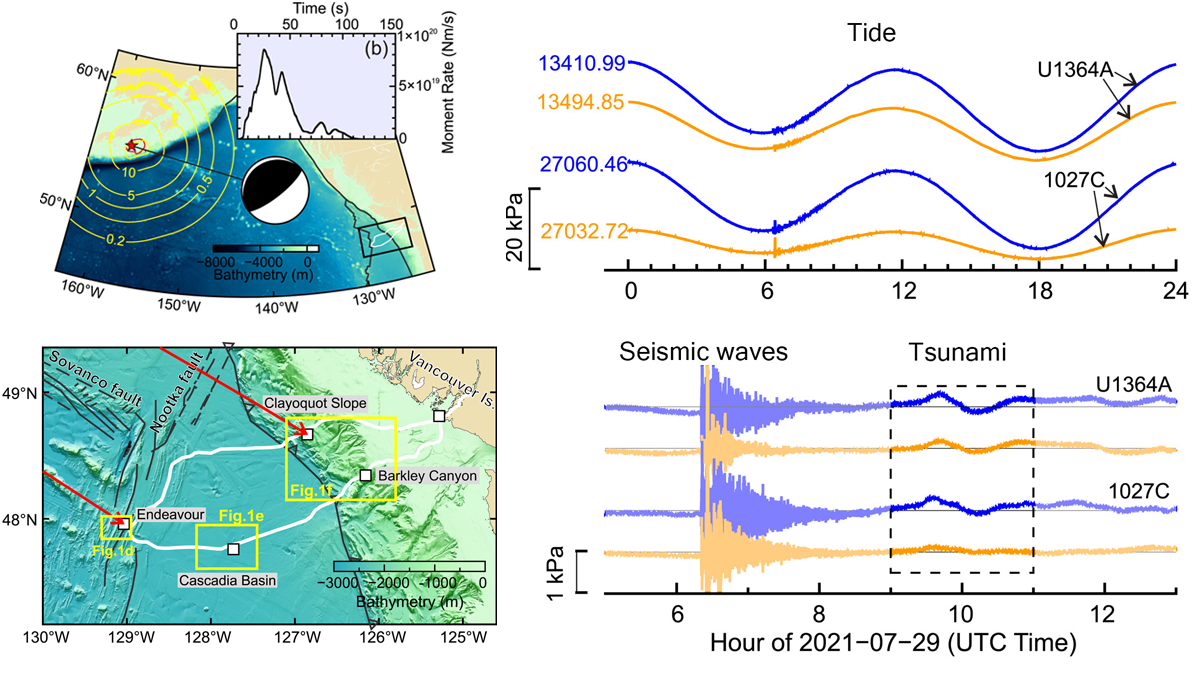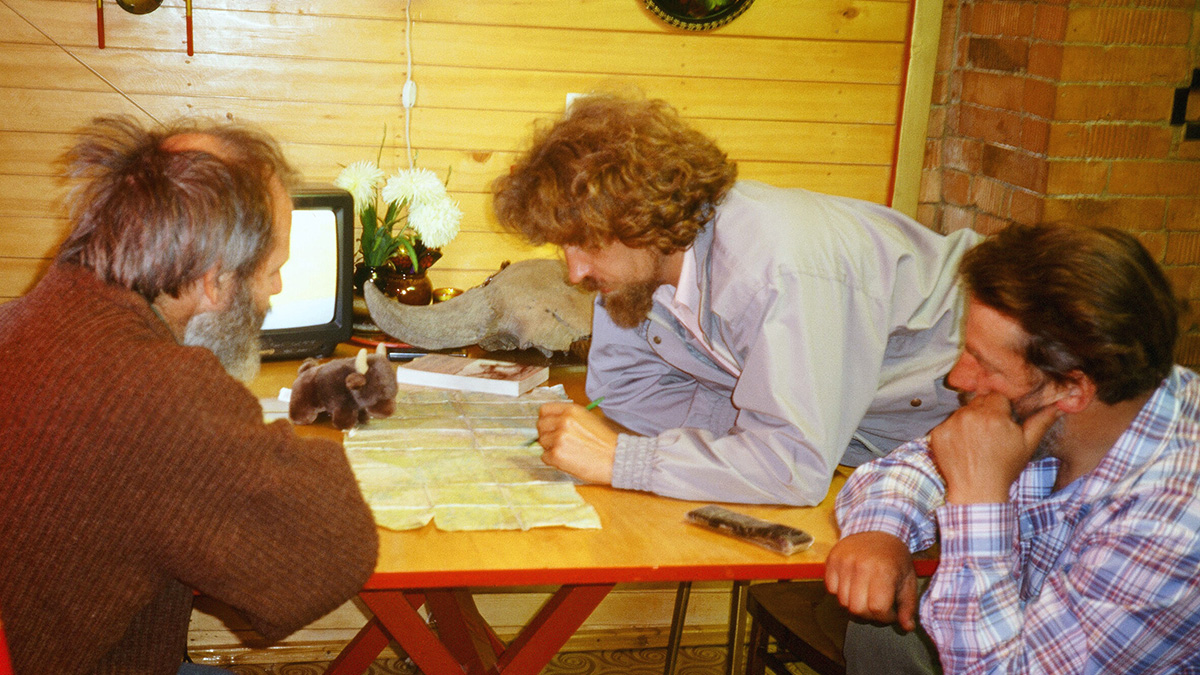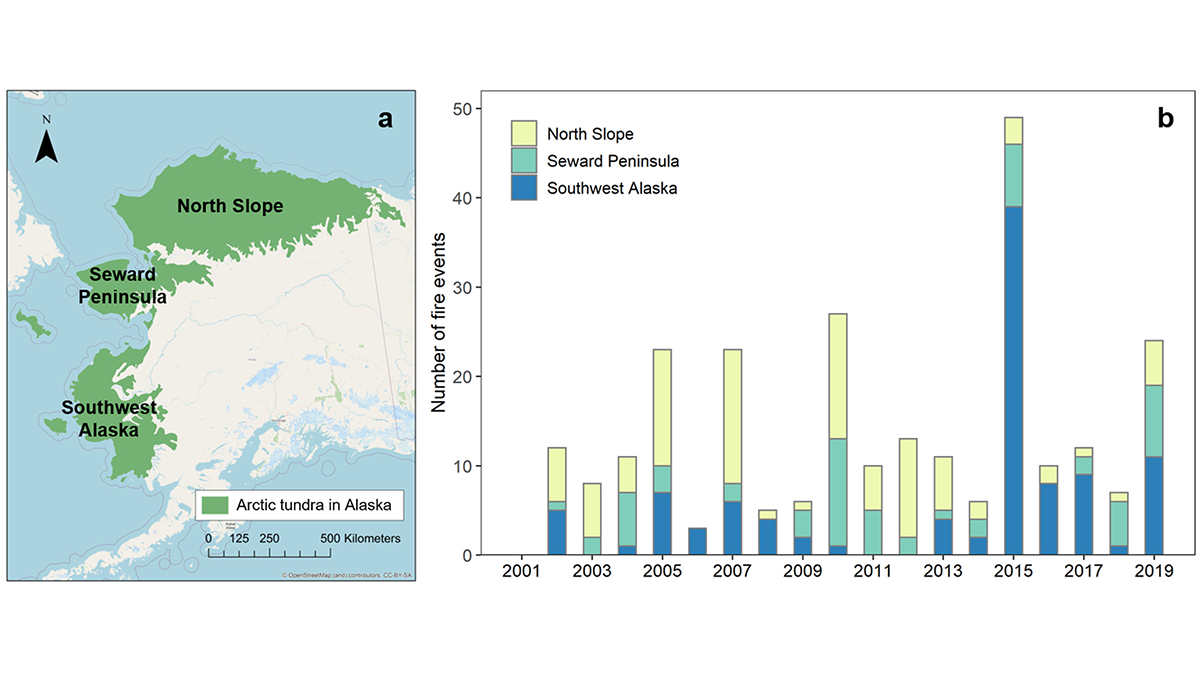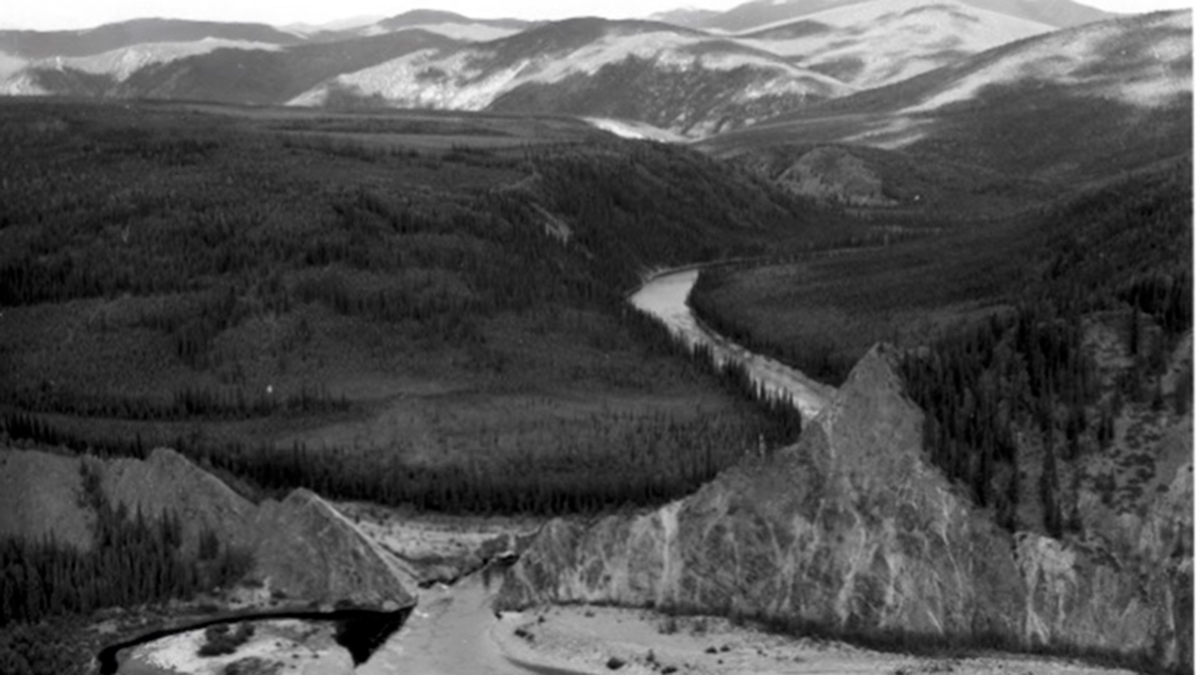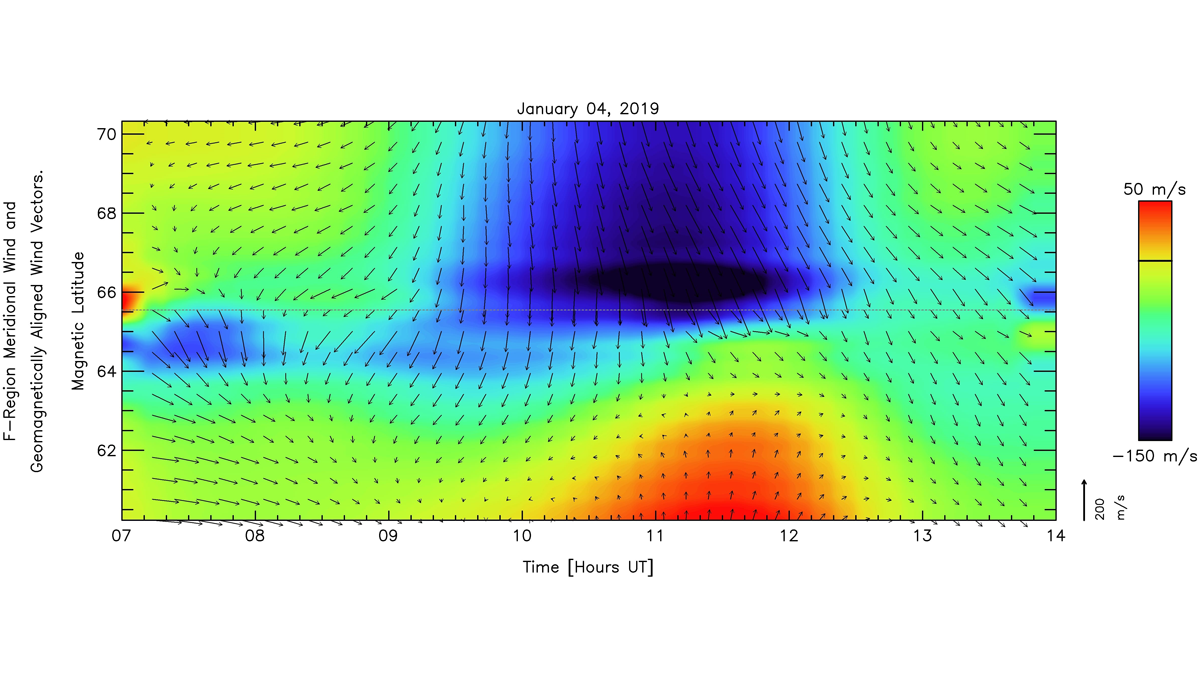Cabled ocean-floor observatories record ground shaking and pressure variations, which contribute to early warning systems and give us a unique view of the ocean–crust coupling.
Alaska
The Burning Tundra
As wildfires blaze through the Arctic, scientists examine the role of landscape characteristics on wildfire ecosystem responses in northern aquatic ecosystems.
Seismic Sources in the Aleutian Cradle of Tsunamis
Research over the past decade in Alaska’s Aleutian Islands has offered surprising insights into the pulses of great earthquakes that generate dangerous, often long-distance tsunamis.
Alaskan Glaciers Advance and Retreat in Satellite Imagery
Researchers tracked 19 maritime glaciers in Kenai Fjords National Park over several decades and found that tidewater glaciers tended to experience less ice loss than other types of glaciers.
How an Unlikely Friendship Upended Permafrost Myths
“Beautifully long arguments” between an American scientist and a Russian researcher helped clarify several fundamental assumptions about permafrost thaw.
Aftershocks Reveal Coseismic Rupture of Megathrust Earthquakes
More accurate aftershock zones reveal that the rupture areas of megathrust Aleutian–Alaska earthquakes are larger than we thought and partly overlap, in contradiction with the seismic gap hypothesis.
Lightning in Alaskan Tundra Ignites Most Fires
Cloud-to-ground lightning is found to be the most important controller of wildfire occurrence in the Artic tundra of Alaska from 2001 to 2019.
More Fires, More Problems
Increasing incidents of wildfires in the Arctic are not only thawing permafrost but changing the entire underlying structure of the region.
What a Gold Mining Mishap Taught Us About Rivers
Miners in Alaska rerouted a river to search for gold. One hundred years later, the new channel is teaching scientists how rivers shape Earth.
Thermospheric Cross-Polar Winds Observed to Unexpectedly Stall
Observations of cross-polar cap neutral winds near 240 km altitude stalling over short distances in the midnight sector near Poker Flat, Alaska, challenge the standard view of high-latitude dynamics.

